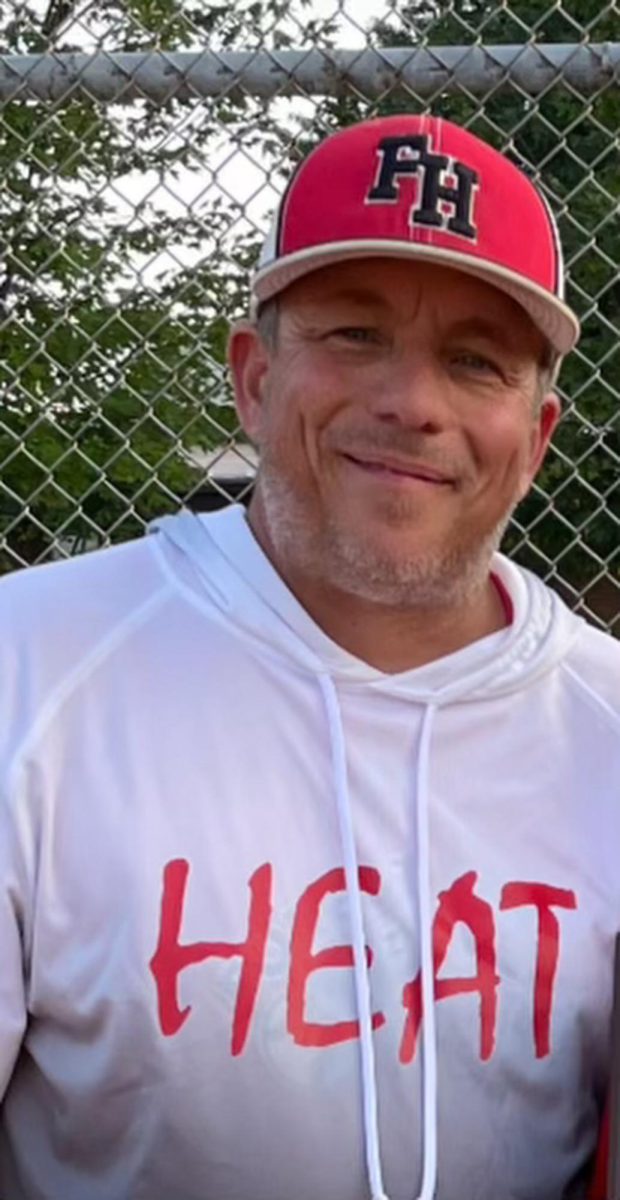Life throughout high school
Wisdom from experienced
March 15, 2022
Résumés. Applications. Stalling.
When it comes to selecting classes, junior Brea Smothers recommends that freshmen take drama as an elective. She claims that the teacher, Mrs. Nancy Green, is “very sweet[,] and we do a lot of hands-on activities” and the class enables students to “get out of [their] comfort zone and gain new experiences.” In order to demonstrate advanced skills, she suggests that underclassmen take as many honors and AP classes as they can.
As for core classes, junior Monica Cespedes states that underclassmen should begin to discover their pathway by “taking any classes that align with [their] plans for the future.” She believes in indulging yourself in both classes you will not only enjoy but will do well in because “going for classes that you will struggle too much in can tire you out.”
Having three years of experience in high school, both juniors have similar pieces of advice they would give, which is to never procrastinate. Cespedes says that “organization is key” and emphasizes that “lists and planners [will be] your best friends.” Smothers adds that messing around in class will limit the ability to do well on tests and quizzes.
From the beginning of their time in school, Cespedes replies that teens should develop their test taking skills. She asserts that studying for and preparing to do “insane amounts of homework,” but that it will be a “tedious” task that is “imperative to [their] academic success.” As these students go through their high school career, Smothers believes they should be preparing for PSATs and SATs and promotes the idea of utilizing online resources and flash cards.
Procrastination can never lead to positive outcomes, admits Cespedes. By failing to complete assignments until the latest moment possible, she states, can create “failing grades, cramming, sleepless nights, [and] declines in mental health.” While it’s an easy trap to fall into, it’s best to “plow through your work,” says Cespedes.
With all this information in mind, Cespedes says that it is alright to not have a future set in stone. It’s “a big decision to make” that one must make very young. She voices that it is important to remember that you’ll “still have your whole life ahead of you- this is not something to be rushed.”
However, preparing from a young age does have some pros. Smothers mentions that it will give students time to change their mind about their career path but figuring out your future early is not essential to success. She cautions students to “never overwhelm [themselves] about [their] future until [they’re] entirely ready to think about exactly what [they] want to do in [their] life.”
According to Cespedes, people “stress too much over college, especially younger students.” She believes that high school is “considered the big step to college, which,” she adds, “is true, but [teens] should focus more on [their] grades and personal health [and] happiness before [they] stress [themselves] out over college.”











